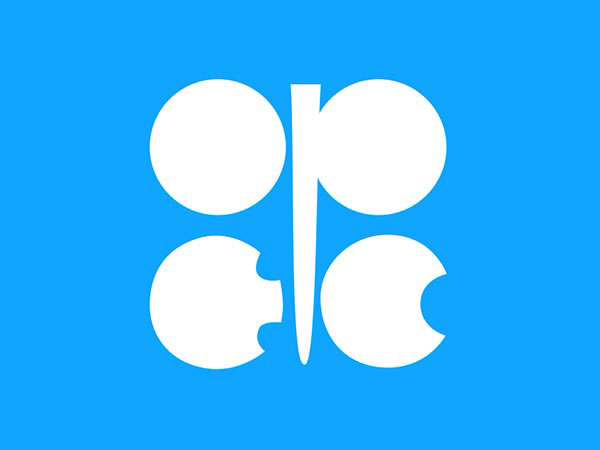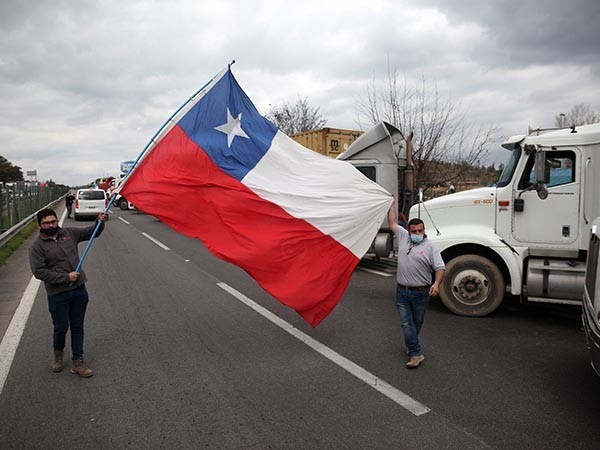
When OPEC+ 'plays with a knife and cuts its hand'
May 08, 2025
Vienna [Austria], May 8: Some members of the Organization of the Petroleum Exporting Countries (OPEC) and some partners, collectively known as OPEC+, are expected to continue increasing production.
The end of the long march
Specifically, according to Reuters, the eight-member OPEC+ group led by Saudi Arabia has just agreed to limit production cuts from June, adding about 411,000 barrels of crude oil per day. It is estimated that, combined with increased production in April and May, from June, the total additional production of the group is 960,000 barrels/day, equivalent to 44% compared to the previous cut of 2.2 million barrels/day. Thus, OPEC+'s strategy over the years of cutting production to reduce supply to increase selling prices is considered "bankrupt".
Over the years, especially the last four years, OPEC+ has considered the above measures to maximize profits, according to Reuters. However, the strategy has not achieved its goals due to both internal OPEC+ reasons and external objective impacts.
Regarding the internal cause, it is that member countries have not complied with the common agreement. The representative of Saudi Arabia has criticized the other countries in OPEC+ for arbitrarily increasing production, causing the group's plan to fail. On the contrary, the criticized countries claim that they act in their national interests, when oil prices do not increase, they have to increase production to compensate for the revenue.
Regarding external factors, countries outside OPEC+ still account for 60% of the world's crude oil supply, so OPEC+ is not strong enough to control the overall supply. Not only that, in the context of OPEC+ cutting production, US shale oil companies continue to increase output to compensate for the reduced supply from OPEC+. Over the past 10 years, US shale oil has become a factor in balancing supply with OPEC+. To date, US shale oil production capacity is said to have reached 9 million barrels/day, a rapid increase compared to 5 million barrels/day in 2014. Not only that, OPEC+ countries have also implemented many offshore oil and gas exploitation projects, causing investment costs to increase, so they face many limitations in competition.
Therefore, OPEC+ strategy has not achieved its set goals.
Source: Thanh Nien Newspaper









